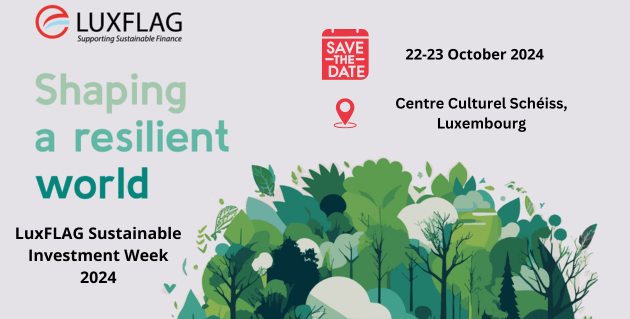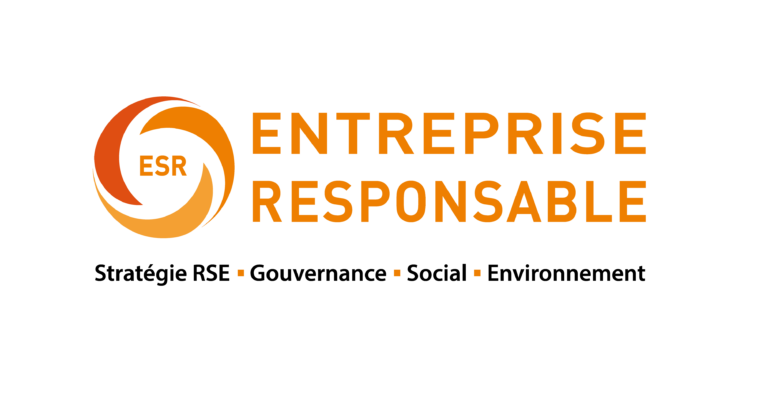The year of ADA’s 25th anniversary began with a Midi de la Microfinance devoted to current topics in the sector that will shape the development of financial inclusion in the coming years. International speakers testified on digital, real added value for the client and gender equality in African entrepreneurship, in front of the audience in the auditorium of Banque de Luxembourg.
INCLUSIVE FINANCIAL SERVICES TO ACHIEVE SUSTAINABLE DEVELOPMENT GOALS
ADA, the Luxembourg NGO, has been dedicated to the development of financial inclusion for 25 years through numerous projects. Moreover of its 25th anniversary this year, ADA will also organize the 4th African Microfinance Week (SAM) in October in Ouagadougou, Burkina Faso. This large-scale event will be devoted to the theme of impact and solutions to achieve the Objectives for Sustainable Development 2030. The 46th Midi de la Microfinance, organised on 7 February at Banque de Luxembourg, was therefore the opportunity to introduce the first themes to be presented at the SAM, thanks to the experts present on stage: Gerhard Coetzee, Centricity Client Expert at CGAP, based in Washington, Madji Sock, Founder and President of Women’s Investment Club and partner at Dalberg in Dakar and Arnaud de Lavalette, Senior Project Manager in Digital Finance at ADA in Luxembourg.
TECHNICAL SOLUTIONS DESIGNED AS ADDED VALUE FOR THE CUSTOMER
Digital solutions are often mentioned as one of the most important themes of those that will shape the future of the financial inclusion sector, thanks to easier access to the most remote populations, reduced operational costs for microfinance institutions, or simply through the democratization of financial services. As Madji Sock pointed out: “Digital technology helps to reduce the gap between men and women or young entrepreneurs”. Gerhard Coetzee added: “In fact, between 2006 and 2017, nearly two billion accounts were opened worldwide, but more than half of them are not used. It is therefore important to know why these clients have abandoned them. Is there any real added value behind this? The same is true for digital, the customer’s needs must be put forward in the development of technical solutions”.
This centricity customer expert adds: “The added value for the customer is to adapt products and services to the needs of customers and not suppliers”.
Arnaud de Lavalette stated that as part of the “Digital finance initiative” project launched by ADA in 2017 in African countries, microfinance institutions are in fact turning to digital innovations following the request of their clients. Most technological products are therefore implemented first with the idea of bringing real added value to the customer.
Finally, the issue of public-private partnerships was raised for the advancement of the sector: “The trend of profitability before social development should be avoided. For this reason, it is important that projects are carried out by NGOs,” says Madji Sock.
The conclusion of the discussion between the three experts was presented by Sachin S Vankalas, Director of Operations and Sustainable Development, LuxFLAG Luxembourg who highlighted the need for capacity building for microfinance actors in Africa to access more investors and thereby improve their products and services, including digital. He concludes with an important note: “In addition, the benefits of digital innovations that improve and facilitate the work of financial institutions in the South must also be visible to the customer, for example by reducing interest rates on products offered”.
This Midi was moderated by Myka Reinsch, Inclusive Finance Consultant (France).







